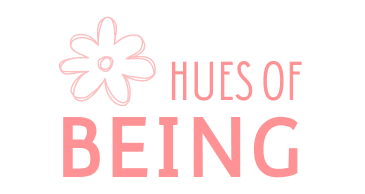When Money Feels Quantum
According to the double-slit experiment, the particles that make up the universe behave differently when observed. It’s as if the act of witnessing alters reality itself.
What if the same were true when it comes to money? We appreciate it when it’s present. We use it to develop civilizations, indulge in luxury, and, sometimes, unravel worlds. If observation changes matter, does our awareness shift how money flows in our lives?
Automated But Anxious
I often blank out when I try to trace my patterns with money. I love automating my bills, investments, and savings—it’s my way of clearing mental space for other things. Yet, I also spend a disproportionate amount of time worrying about money. Does this worry become the observer that changes the flow?
What if I spent a few quiet minutes every now and then reflecting on the miraculous ways money shows up? Could that small ritual break the cycle of worry? I don’t see money as evil. I don’t believe it’s inherently scarce. I used to think love had nothing to do with money—until I noticed that people who love and respect money often treat it playfully and creatively. They splurge, yes, but also save, invest, and expand.
Risk and the Nervous System
The people I observe with the most ease around money are often also the ones who can regulate their nervous systems during risk. Higher the risk, higher the potential payoff—but also, higher the need for internal capacity to hold uncertainty. Could money be a mirror for emotional maturity?
I’ve found myself relieved, even grateful, at times when I didn’t have money to act on emotionally charged impulses. Once calm returns, I realise I might have regretted acting from a dysregulated place. The lack of funds became a boundary I didn’t know I needed.
What I Wasn’t Taught
It pains me to see where money goes as a resource—and where it’s unable to go. It feels like I’m neglecting part of my human curriculum. Making spreadsheets feels heavy. I don’t want to. The only spending I justify easily is on books.
Was this rooted in childhood, where money came with limits: books, clothes, school fees—but never play? Do I blame my early adulthood, when my stipend disappeared without direction, despite having a decent monthly allowance? Or perhaps the cultural message I absorbed: that earning extra wasn’t encouraged unless it came through conventional employment or a male provider?
A Living Hypothesis
My early adulthood lacked role models who played with money. It was seen as either serious, limited, or someone else’s responsibility. Even now, the idea of multiple income streams can feel exhausting—not exciting.
And yet, I know this is changing. My awareness is shifting. The experiment is ongoing.
If consciousness does affect how particles behave, maybe how I see money matters more than I thought. Maybe awareness alone is the first step toward healing my relationship with it.
Do you think how we observe money changes how it behaves in our lives?

